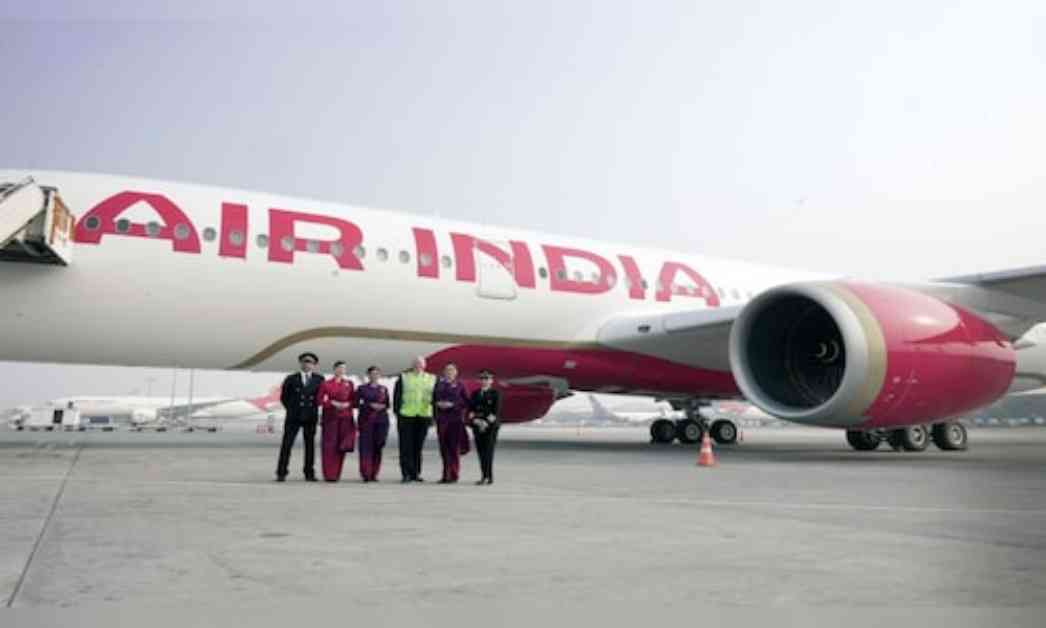Air India has recently introduced eight new fare families to provide passengers with more options and flexibility when booking flights. These fare families are designed to cater to the changing preferences of travelers across different markets and offer tailored bundles of products and services at various price points.
Starting from October 17, 2024, Air India will offer these distinct fare families across four cabin classes: Economy, Premium Economy, Business, and First. In the Economy class, passengers can choose from Value, Classic, and Flex options, while Premium Economy and Business classes offer Classic and Flex choices. First Class will continue to be branded as “First.”
The new fare families come with increased baggage allowances and varying levels of flexibility in ticket changes and cancellations, depending on the package selected. Air India also plans to enhance its ancillary offerings in the future to provide passengers with added convenience. These fare options will be available on all domestic and international flights operated by Air India.
For travelers in the European and UK markets, Air India has revamped its fare families to better suit their needs. Economy passengers now have access to the more budget-friendly “Value” fare, which includes one checked bag weighing 23 kg but with limited travel flexibility. Those looking for more flexibility and additional baggage allowances can opt for the “Classic” and “Flex” fares, which allow for two checked bags.
Nipun Aggarwal, Chief Commercial Officer of Air India, explained that the changes were made to offer a unique value proposition at each price point and to better meet the preferences of modern global travelers. By moving away from a one-size-fits-all approach, Air India aims to provide a more personalized and tailored experience for its passengers.
Passengers can easily book these fare families through various distribution channels, including Air India’s website, mobile app, online travel agents, and traditional travel agents. The airline is committed to providing a seamless booking experience and ensuring that passengers have the flexibility to choose the options that best suit their travel needs.

